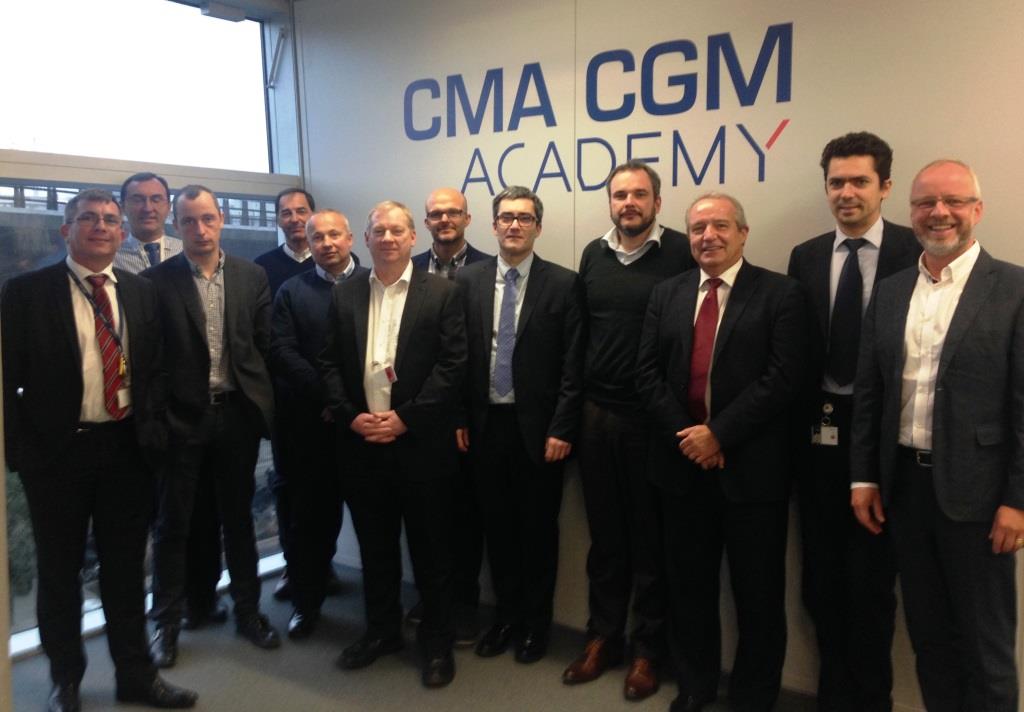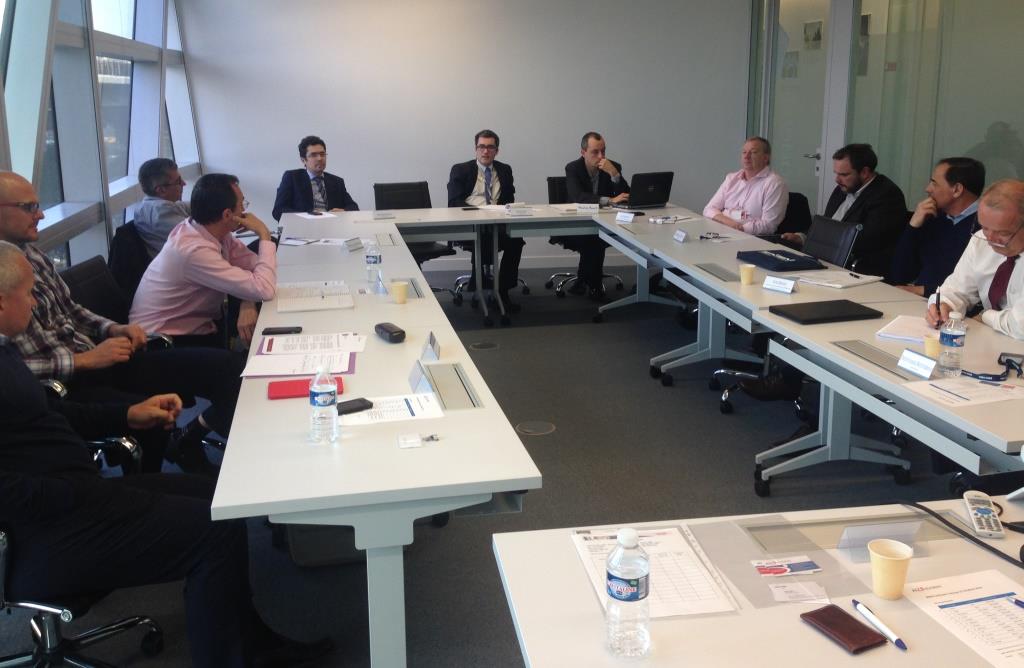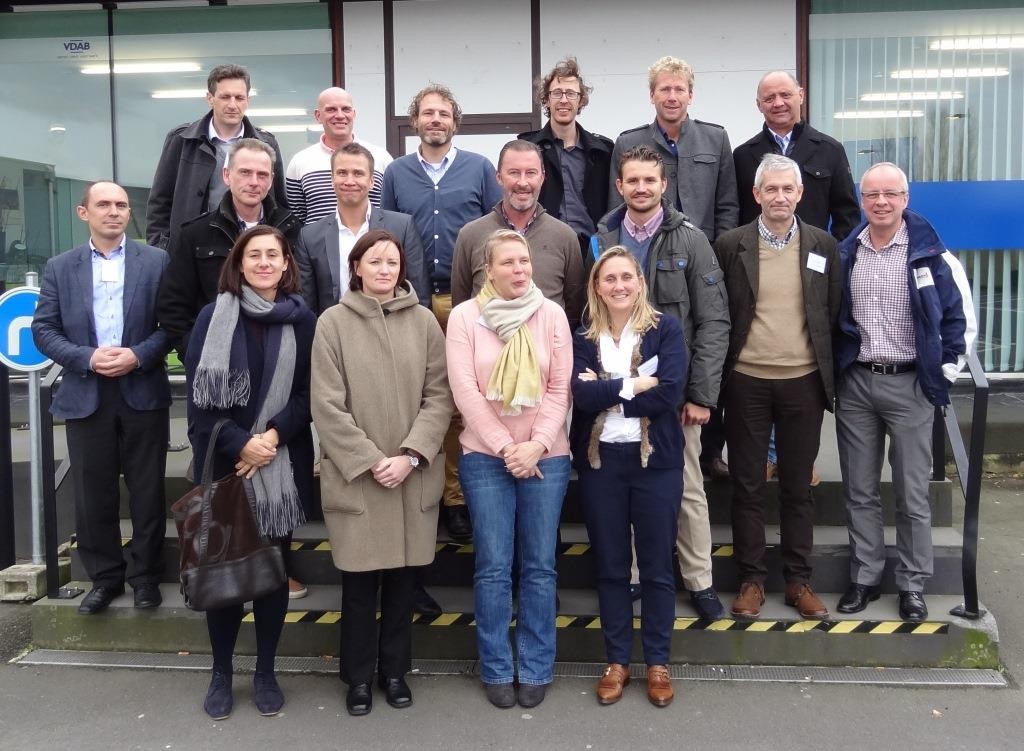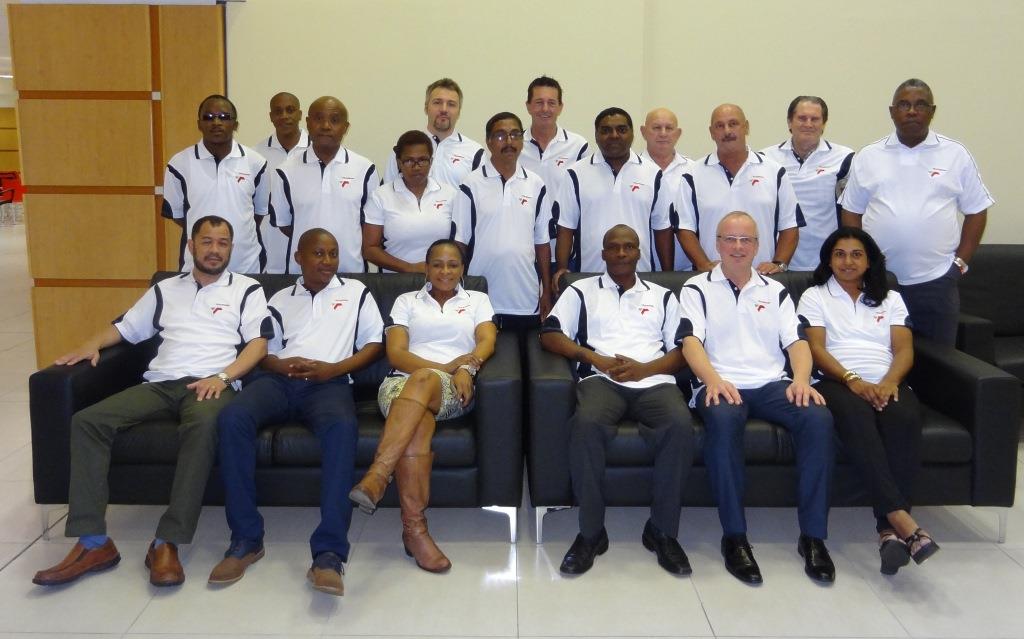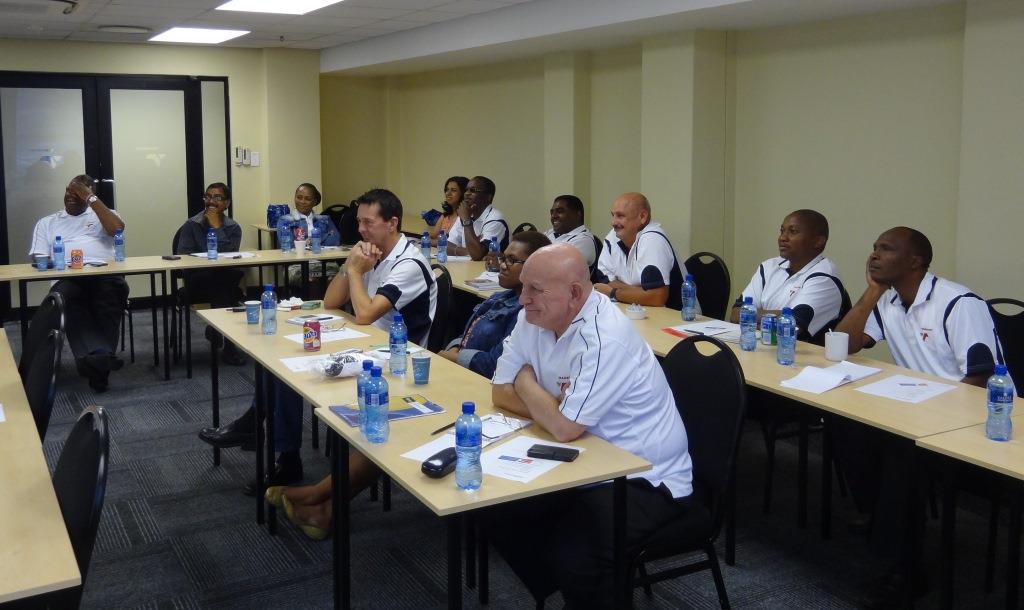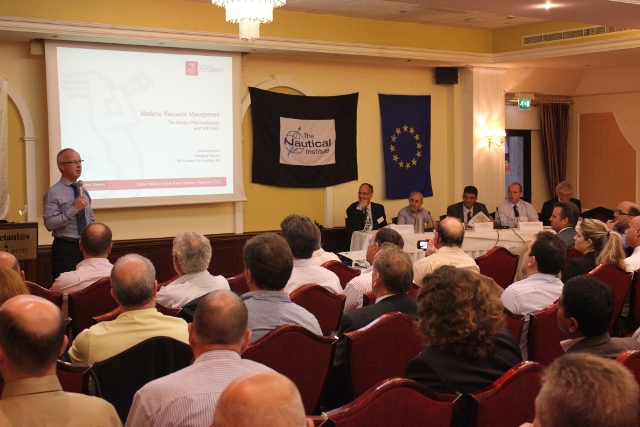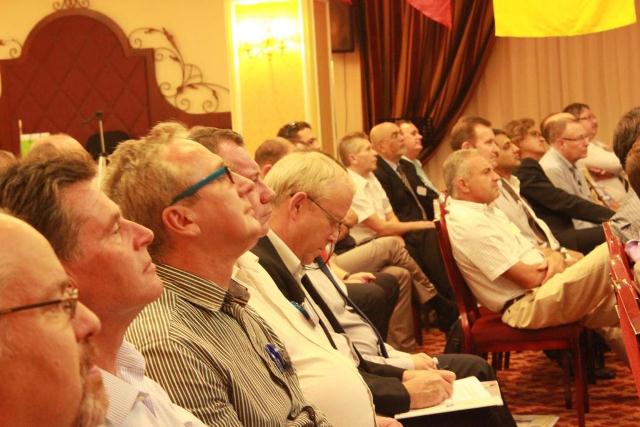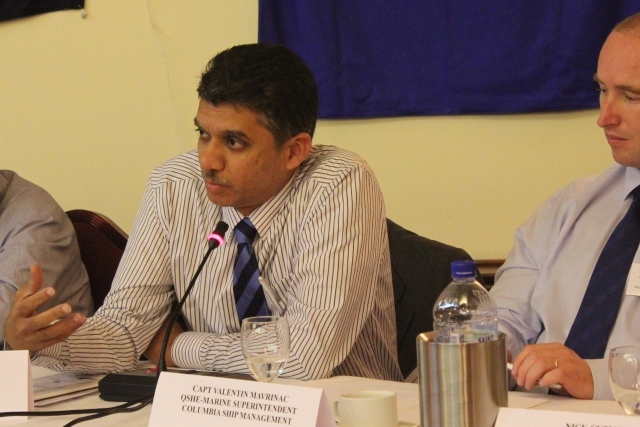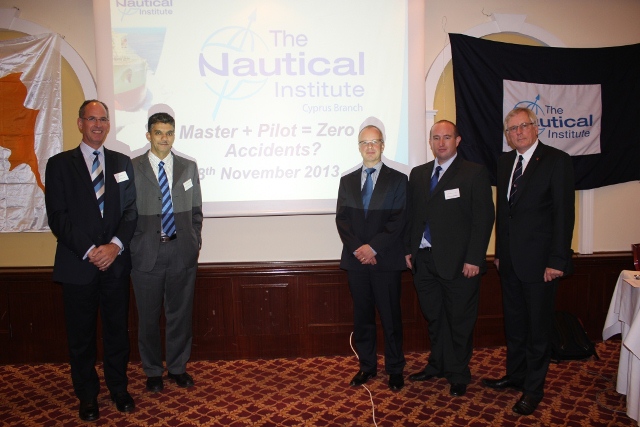For safety at sea, efficient teamwork and communication are of utmost importance. This does not change when the pilot comes onboard. Everyone agrees on that. Still, safe teamwork may be difficult to achieve.
The master/pilot relationship was the topic at a well-attended conference in Cyprus in November and the issue is at the moment being discussed in the MRM group on LinkedIn. The conclusion from the discussions is clear – more pilots should do Maritime Resource Management training. And bridge teams must apply what they learnt in the MRM courses too. Regarding pilots and MRM training there are some good news to share. MRM training for pilots are already being done in for example Australia, Germany, Netherlands, Spain, South Africa, Sweden and the U.K. Some countries have just started while others have been doing MRM training for years.
The theme of latest edition of the Swedish Maritime Administration’s newsletter Sjörapporten is “Pilotage in the future”. A two-page article highlights the importance of MRM training for maritime pilots. Click the picture for the article in Swedish. A translation of the article into English is found below.
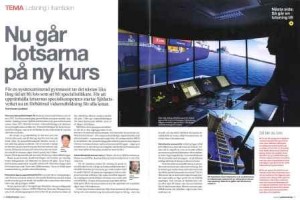 PILOTS ON A NEW COURSE
PILOTS ON A NEW COURSE
For a newly graduated senior high school student, it takes almost as long to become a pilot as to become a medical specialist. In order to maintain the pilot’s expertise, the Swedish Maritime Administration is launching an improved supplementary training for all pilots.
The new training for pilots begins during Autumn 2013. The first trial course was conducted in September with good results. All pilots of the Swedish Maritime Administration will go through the course latest Spring 2015. After that, the training course will be conducted at regular intervals.
“To be involved in a grounding is what we, as pilots, fear the most, and I am probably speaking for all pilots. Our specialised skills are all about avoiding such incidents. It is very unusual that accidents happen with vessels that have pilots onboard, but the course will also help prepare the pilots of what can happen if an accident would take place”, says Anna Laurell, pilot from Söderhamn in Gävle and responsible for the new training course.
As part of the training, the Coast Guard will inform about the agency’s capacity and authority in the events of accidents at sea. The Swedish Transportation Agency will participate in a similar role. The focus, however, is on the skills available within the Swedish Maritime Administration, in the form of simulator training, rules & regulations and media training.
In addition, attention is paid to another part of the piloting task, aside from the responsibilities related to knowledge about local waters and maneuvering skills. That other part is related to the ability of collaborating and working together with people you have never met before.
This softer part of the piloting task is addressed in the basic pilot training in the form of MRM (Maritime Resource Management), a training programme that aims at reducing the risk of human error that causes accidents at sea. In the improved supplementary training programme for pilots, a longer refresher session on MRM has been included.
MRM originates from aviation and MRM presupposes that there is a correlation between the attitudes and behavior of people onboard and the culture these people belong to. For example their professional, organizational and national cultures. An example of the usefulness of MRM in accident prevention is by emphasizing the importance of communication between all personnel on the bridge. Communication on the bridge may sometimes be difficult due to the fact that standardized communication in shipping is considerably less than in aviation.
Jonas Alexandersson is a pilot in the Lake Vänern district and one of the Swedish Maritime Administration’s MRM Facilitators. He confirms that communication skills are very important for the pilot.
“In order to minimize the risk of errors due to misunderstanding, it is important that communication takes place using “closed loop”. If the pilot orders ‘port ten’, then the helmsman repeats the order – ‘port ten’ – before he executes the order. The pilot confirms. When the order is executed, the helmsman reports back to the pilot who responds with a confirmation. By communicating in this way, both parties have received confirmation that the order is correctly understood and executed”, says Jonas Alexandersson.
“Closed loop communication is usually followed precisely on cruise ships and extensively in other types of vessels – but not everywhere and not always. Therefore, it is very important that the pilot is always communicating this way”,according to Jonas Alexandersson.
The ultimate responsibility for the ship lies with the master, even if the pilot is onboard. The pilot’s role is almost like being a ‘living chart’ with very good local knowledge. But occasionally, it requires sensitivity in the communication to reach the goal of piloting – in the safest way possible, take a vessel in or out of the port.
“As a pilot, you must quickly get an understanding of the atmosphere on the bridge when you enter a vessel. What is the mood of these people that you will be working with in the next few hours? If the master has an authoritarian style of leadership, the pilot may have to keep a lower profile in order to fulfill the task. And the other way around, if the master is insecure, the pilot may have to be a little more assertive. It is a mix of these and other factors that are identified and discussed in the MRM course”, says Jonas Alexandersson.
Free translation from the Swedish Maritime Administration’s newsletter “Sjörapporten”, no 5, 2013.

